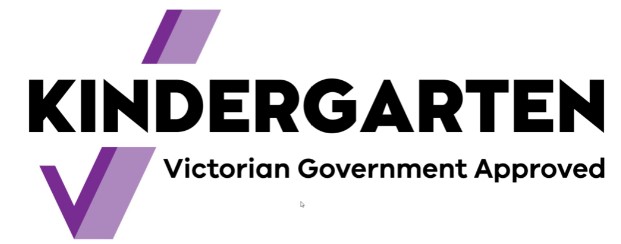10 Things About Kindergarten You Need to Know Now
22 November 2019Unknown to many, the kindergarten stage is one of the most vital stages in your child’s life. This is the time wherein getting to know the child’s abilities, interests and learning styles are deemed crucial in order to cater to their educational needs. Luckily, here are the ten most essential things about kindergarten that you need to know.
Necessary Adjustments and Preparations
Before sending your kid into an unfamiliar territory, you should first start making the necessary adjustments to prepare your child for what’s to come once he sets foot on the kindergarten. There are certain steps that will help you do so. You can begin by adjusting the hours in their daily routine based on their upcoming school schedule. Wake them up early enough to have ample time to prepare for school. This is done as a habit-forming technique so that they will not have a hard time adjusting their body clock.
You can also hype up what’s to come once they start school. Give them a sneak peak of the fun-filled learning activities that are often done in kindergartens. Afterwards, you can ask them regarding their concerns, questions and fears about school. Discuss the possible problems and talk to them about how they will be able to handle them.
Transition Steps
The day has finally come. It’s your child’s first day of school. Be reminded that you are your child’s role model at this moment. Make sure that you are at your calmest since it is possible that your child will be uncomfortable with an unfamiliar territory. Being at peace and relaxed will totally help your child become at ease within the confines of a new environment. Aside from that, avoid staying within the premises for too long. Check out the classroom, say goodbye to him and wish him a great day as quick as possible so that he can have a better chance of familiarising himself with the new place.
Assess Child’s Readiness
Every child is different in their own little way. They differ in levels of skills and knowledge so it is not proper to compare your child’s abilities with their peers. Help him in areas he is having difficulties with. But do so in a supportive manner. Assist him in getting the hang of the basics by incorporating fun and play in writing practices, counting numbers, identifying colours etc.
Parent-Teacher Communication
Communicate well with your child’s teacher. Make sure that you read all the teacher’s notes and file them properly so that you will know where to find them. Tally all important events to your calendar so that you will not forget them. If by any chance, you have questions and inquiries regarding your child’s performance or school events, notify the teacher first and schedule a time wherein you can discuss it. It is not advisable to bombard them with questions after dropping off your child because chances are they are extremely busy with other children as well.
Routine Checking
It is important that you ask your child questions are specific and direct-to-the-point. This will enable you to be familiar with the lessons and the rate unto which your child is able to understand them.
Reading Activities
Make sure that you have enough time to read with your child for about 20-30 minutes daily. These reading activities are not only limited to fairytales and superhero books. You can also teach them something factual and practical when you read product labels and street signs.
Social Interactions
Peer-to-peer conflict is common in a kindergarten classroom. If your child has reported a difficulty in socialising, whether it be making friends, or getting rid of a bully, report it to the teacher immediately before making a scene on the other parent’s house.
Volunteer!
Let’s face it, teachers won’t be able to do all the hard work alone. Parents need to help too. Ask the teachers what activities they can do at home to improve their child’s skills. Aside from that, volunteer on special school events whenever time permits. By doing this, you will be showing your child how much you support his learning and education.
Meetings and Test Scores
Always be prepared during meetings and parent-teacher conferences. Be aware of your child’s rate of improvement and ask the teacher what else you must do in order to either maintain or improve the said rating. Do not focus on the grades in the report card but rather use them as a benchmark to know which areas your child excels at and which areas needs further improvement.
Make Learning Fun
Never forget that this is just the start of his long educational formative years. So this is not the best time to stress them out if you want them to look forward to the upcoming years. Make sure that learning is fun and interesting for them so that they will not lose the desire to stay in school.
It is important to invest a substantial amount of time and effort on your child’s formative years, and we at Gower Street Kindergarten are here to assist you in that endeavour. We deliver a culturally enriched kindergarten program that supports children of all abilities, aged between three to five years.

